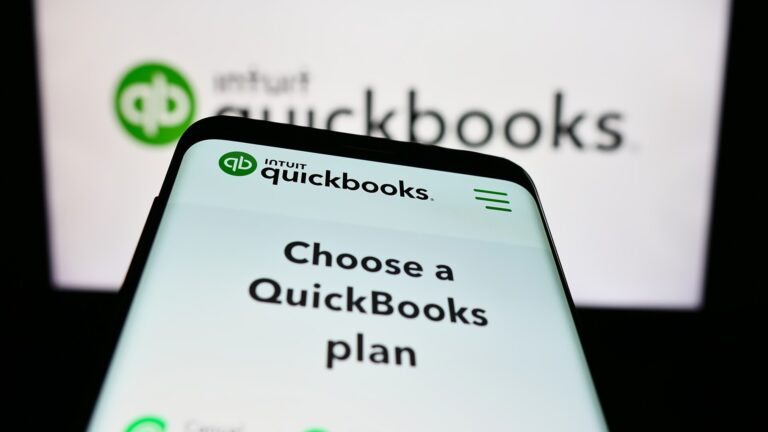As the COVID-19 (coronavirus) outbreak continues, the Internal Revenue Service is taking multiple steps to help small businesses.
Resources for small businesses
The IRS has established a special section on IRS.gov focused on steps to help businesses and other taxpayers affected by the Coronavirus. This page will be updated as new information is available. The Department of Treasury also has a resource page at Coronavirus: Resources, Updates, and What You Should Know.
Economic Impact Payments: What you need to know
The Treasury Department and the IRS recently announced that distribution of economic impact payments will begin soon and will be distributed automatically, with no action required for most people.
See the complete March 30, 2020 IRS news release.
Share information of Economic Impact Payments with your employees
As part of a larger effort to help taxpayers dealing with COVID-19, the IRS has created special informational graphics about the upcoming economic impact payments that can be shared with your employees and clients or posted on your websites. These include details about who qualifies for the $1,200 payments starting in a few weeks.
The first graphic is available.
Additional graphics will be available at IRS.gov/coronavirus.
Watch out for scammers
The IRS is urging taxpayers to be on the lookout for an increase of calls and email phishing attempts about the Coronavirus, or COVID-19.
Watch for scammers who may:
- Emphasize the words “Stimulus Check” or “Stimulus Payment.” The official term is economic impact payment.
- Ask the taxpayer to sign over their economic impact payment check to them.
- Ask by phone, email, text or social media for verification of personal and/or banking information saying that the information is needed to receive or speed up their economic impact payment.
See the complete April 2, 2020 IRS news release for more information.
Employee Retention Credit available for many businesses
The Treasury Department and the IRS recently announced the new Employee Retention Credit, designed to encourage businesses to keep employees on their payroll. The refundable tax credit is 50% of up to $10,000 in wages paid by an eligible employer whose business has been financially impacted by COVID-19.
Qualifying employers must fall into one of two categories:
- The employer’s business is fully or partially suspended by government order due to COVID-19 during the calendar quarter.
- The employer’s gross receipts are below 50% of the comparable quarter in 2019.
For more information, see the complete March 31, 2020 IRS news release and the Employee Retention Credit FAQs.
IRS unveils new People First Initiative to temporarily adjust, suspend key compliance programs
To help people facing the challenges of COVID-19, the IRS recently announced a sweeping series of steps to assist taxpayers by providing relief on a variety of issues ranging from easing payment guidelines to postponing compliance actions. These new changes include issues ranging from postponing certain payments related to Installment Agreements and Offers in Compromise to collection and limiting certain enforcement actions.
See the complete March 25 IRS news release for more information.
Follow IRS on social media, sign up for e-news subscriptions for urgent updates on COVID-19, scams and economic impact payment information
The IRS reminds taxpayers, businesses, tax professionals and others to follow the agency’s official social media accounts and email subscription lists to get urgent information on COVID-19 and economic impact payments.
The IRS uses several social media tools including:
- Twitter: Taxpayers, businesses and tax professionals can follow the IRS handles for up to the minute announcements, tips and alerts in English and Spanish.
- Facebook: News and information for everybody. Also available in Spanish.
- Instagram: The IRS Instagram account shares taxpayer-friendly information.
- YouTube: The IRS offers video tax tips in English, Spanish and American Sign Language.
- LinkedIn: The IRS shares key agency communications and job opportunities.
Source: IRS.gov.



